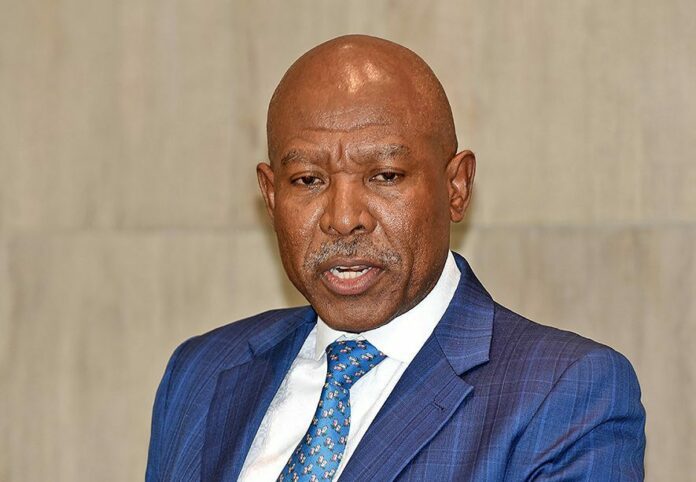The major increase in local interest rates is starting to weigh on consumers and affect local businesses’ decisions about investing in more capacity in South Africa.
The 3.75% increase in the South African Reserve Bank’s (SARB) repo rate since November 2021, including the 0.25% hike this week, moved the repo rate to 7.25% and 10.75% for the prime rate, which is 3.5% higher than the repo rate.
The SARB’s repo rate directly affects consumers with prime rate-related debt like home or vehicle loans.
SARB governor Letsetja Kganyago announced on Thursday that three members of the Monetary Policy Committee (MPC) voted for a 25-basis point increase in the repo rate. Two MPC members voted for a 50-basis point hike. The MPC estimates that loadshedding will reduce local GDP by 2% this year.
The South African Federation of Trade Unions (Saftu) said the latest 0.25% hike in interest rates was a blow to working people and small businesses.
“Saftu opposes this rate hike. It will harm workers’ living standards and devastate small businesses,” Saftu spokesperson Trevor Shaku said in a statement.
The rise in interest rates adds to local consumers’ woes, including a power crisis that saw Eskom embark on loadshedding for over 200 days last year.
In addition, local consumers face extreme unemployment and high inflation, including rising food prices.
Momentum Investments economist Sanisha Packirisamy told Sunday World that a recent Bureau for Economic Research (BER) quarterly survey of South African manufacturers suggests the increase in interest rates was having an impact.
“The BER asks manufacturers their reasons for not investing in South Africa. The number one concern is policy uncertainty.
“The other key indicator is whether short-term interest rates constrain fixed investment. For some time, it was not a major constraint, but now it shows up with about 60% of respondents saying it is,” she said.
“The 3.75% in hikes are starting to impact investment decisions. However, I think the energy and logistics crises will have a greater bearing on businesses closing down than higher interest rates,” Packirisamy said.
Among consumers, she said the only sign of stress was higher credit card activity.“People use credit cards when they do not have cash.”
In banking and financial services, bad debts due to consumers defaulting on their loans are not showing up strongly yet.
The SARB expects the local economy to expand by just 0.3% this year and by 0.7% in 2024.
Standard Bank economist Elna Moolman wrote that the bank was cautious about economic growth in 2023 due to extensive loadshedding.
“We expect some counteracting GDP support from electricity-related investment by the private sector in their generation and backup capacity,” Moolman said.
Packirisamy is doubtful about strong job growth in 2023.
“Companies may not need to ramp up their hiring. I am worried that job growth disappoints, and the consumer will thus experience that as a big challenge,” she added.
PackirIsamy said the poorest South Africans were facing inflation closer to 10% even though consumer inflation reported by Statistics South Africa for 2022 was 7.5%.
“The reason is that 40% of their basket is related to food prices. Food price inflation is sitting at over 12%. Bread prices are 20% higher than a year ago.
“I think food inflation will be much stickier than we expect because part of the maize crop relies on irrigation powered by Eskom. As a result, meat prices [which include maize as an animal feed input] could move higher,” Packirisamy said.
Momentum believes the SARB is close to ending the interest rate-hiking cycle.
“We have one more rate hike of 25 basis points pencilled in, and that will take the SARB’s repo rate to 7.5%,” she added.
In contrast, Moolman wrote that the bank was not fore-casting further rate hikes, but there is a risk of one more 0.25% hike at the March SARB MPC meeting.
“We are either at or close to the peak in the rate hiking cycle,” Moolman said.
For more business news from Sunday World, click here.
Follow @SundayWorldZA on Twitter and @sundayworldza on Instagram, or like our Facebook Page, Sunday World, by clicking here for the latest breaking news in South Africa. To Subscribe to Sunday World, click here




